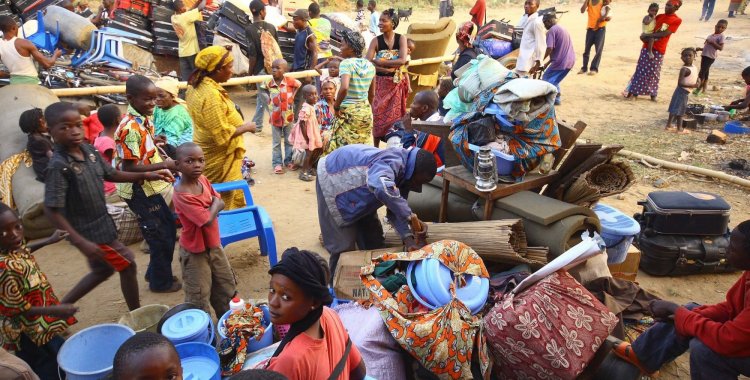According to the statement, the new contribution from the Government of Japan made earlier this month will be invested in strengthening the national response to combat and prevent covid-19 in the refugee and Angolan communities in the provinces of Luanda and Lunda Norte.
In total, around 9000 refugees and asylum seekers in Angola and around 2000 members of the host community will benefit, who live in the areas surrounding the Lôvua settlement, in Lunda Norte, a settlement for refugees from the Democratic Republic of Congo (DRC), since 2017.
UNHCR emphasizes that the support will be used to distribute medicines and personal protective equipment, improve infrastructure for the provision of water and sanitation within the Lôvua settlement.
"This will allow the system to provide basic health services to be strengthened in health facilities and clinics in areas where refugees and asylum seekers live at high risk of infection by Covid-19", underlines the note.
The contribution also aims to hold informational and awareness-raising sessions on the risks of covid-19, aimed at children and adolescents, so that they acquire effective habits and behaviors in the fight against the disease in the country.
Since the beginning of the pandemic, in early 2020, ACNUR has been acting in line with the Angolan National Plan to Combat Covid-19 to provide prevention activities and interventions in Lunda Norte and Luanda in compliance with biosecurity measures.
The ACNUR representative in Angola, Vito Trani, quoted in the note, said that "Japan is one of the largest donors to ACNUR globally".
"We are delighted for this additional support that will further strengthen our operational capacity to protect and assist refugees and asylum seekers in Angola, as well as the Angolan population," he said.
Angola currently hosts around 57,000 refugees and asylum seekers, a population largely made up of refugees and asylum seekers from the DRC, of whom 17 percent came during the 2017 mass influx of Greater Kasai.
The list of refugees under ACNUR's mandate in Angola also includes Guinean, Ivorian, Mauritanian, Somali, Sudanese, Eritrean citizens, among others, totaling around 50,000 who live mostly in urban areas.







